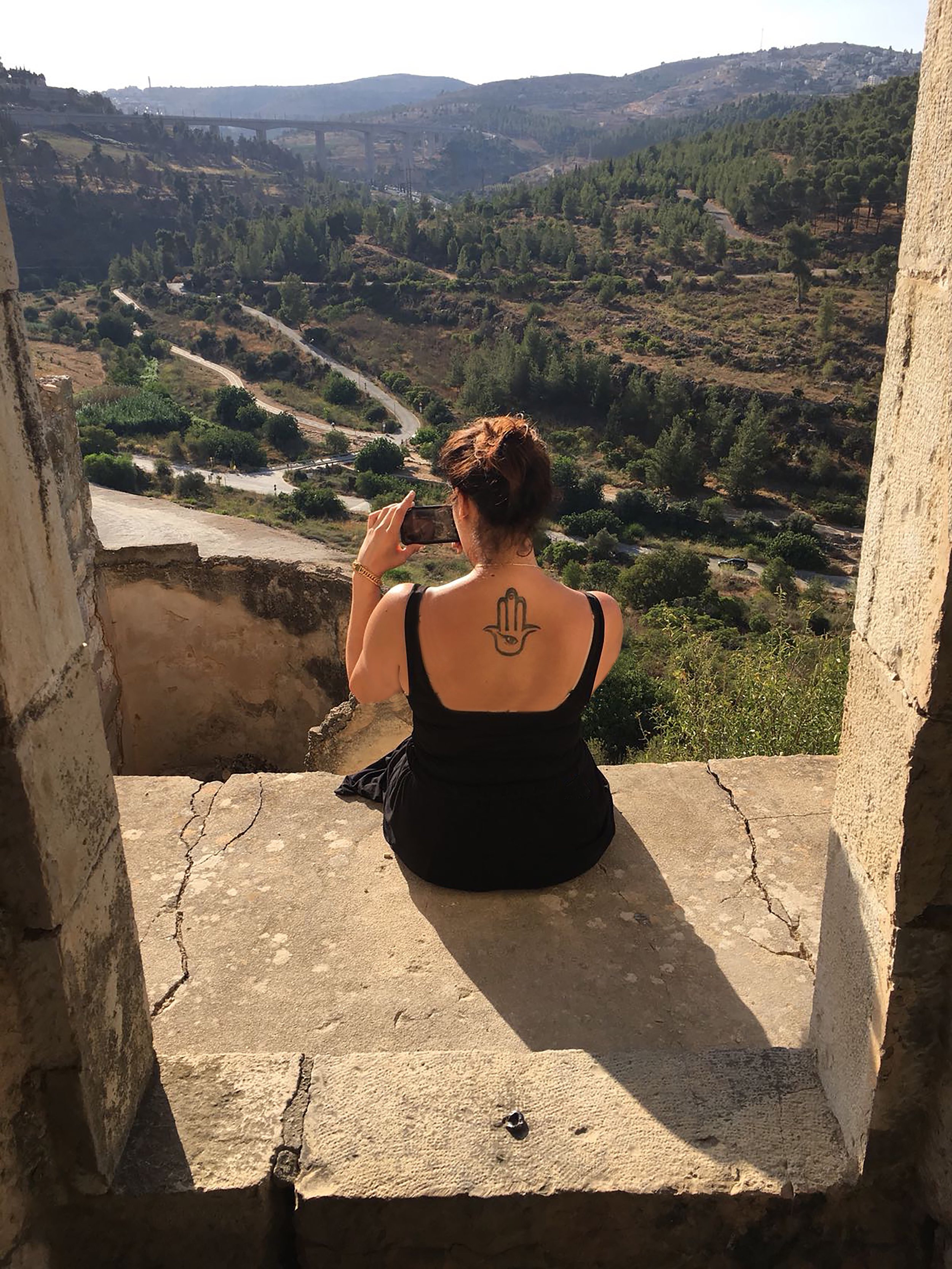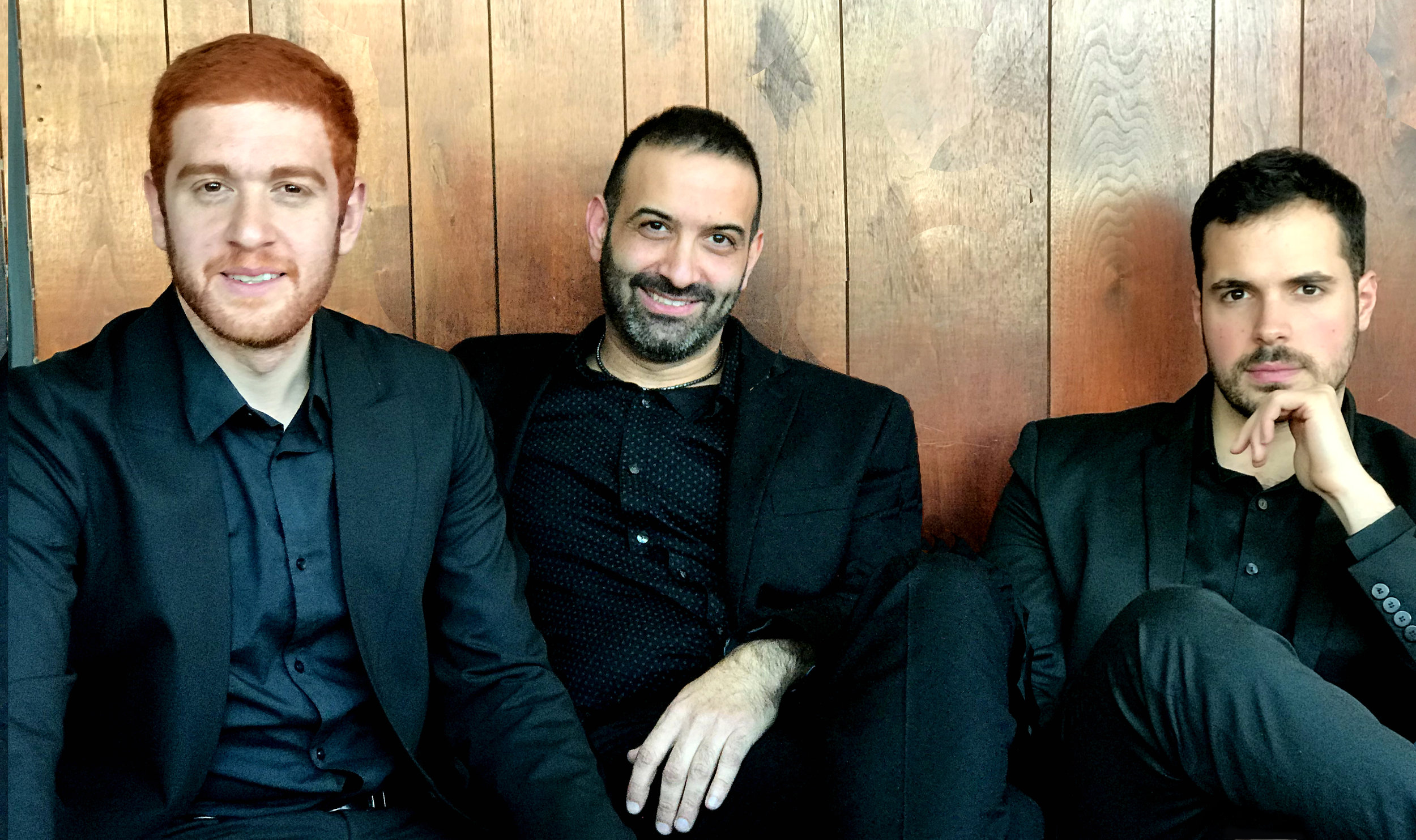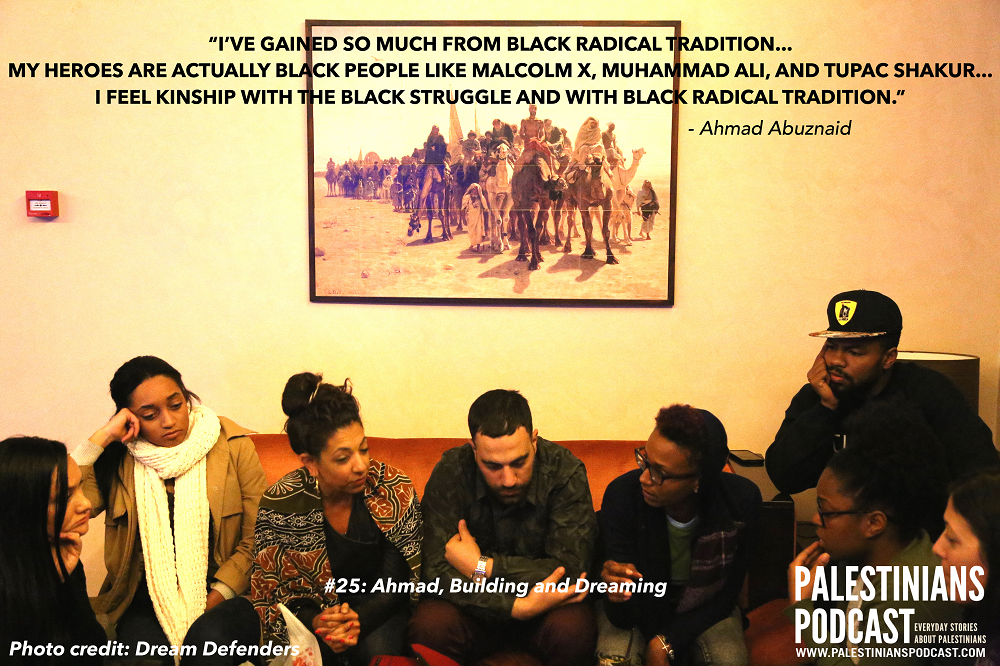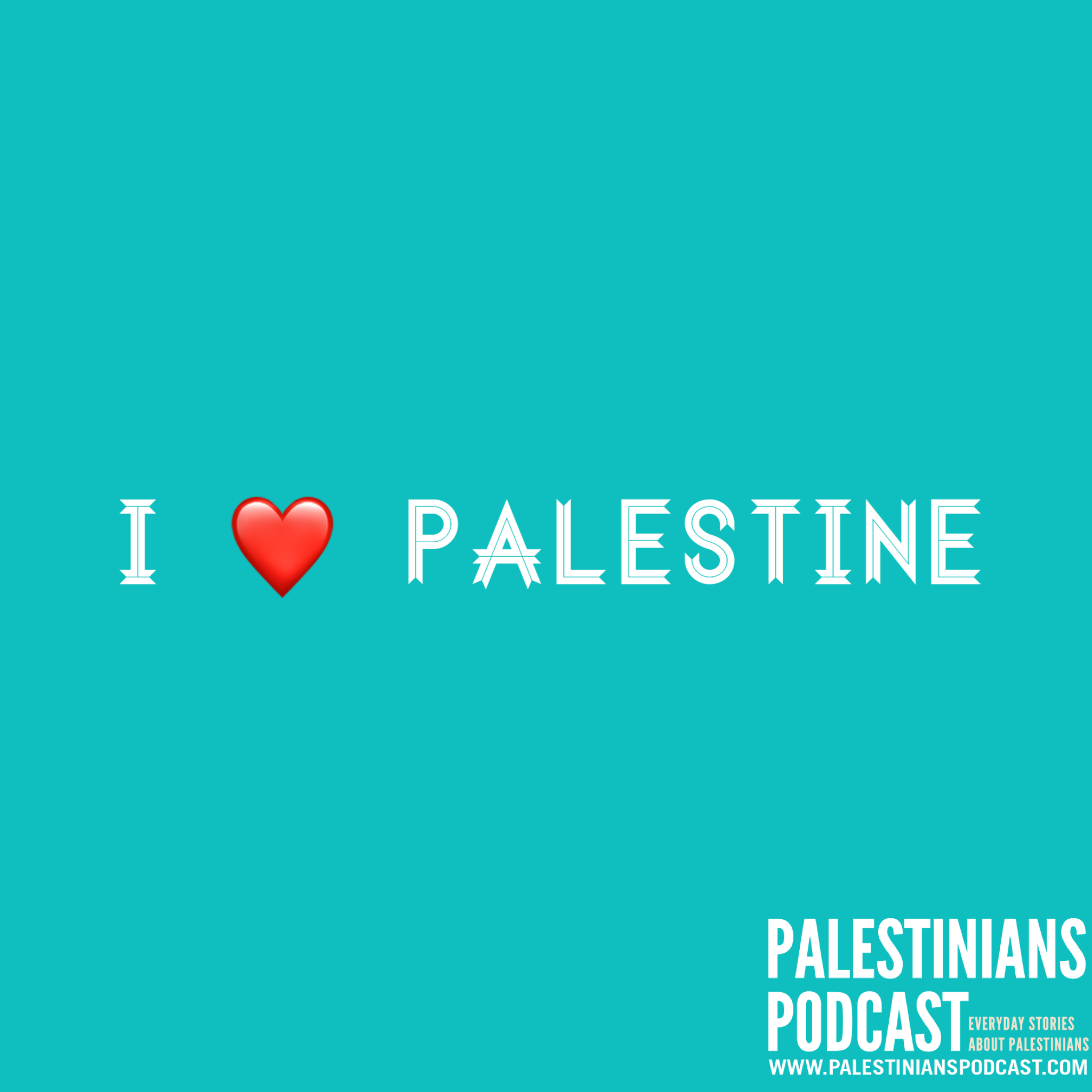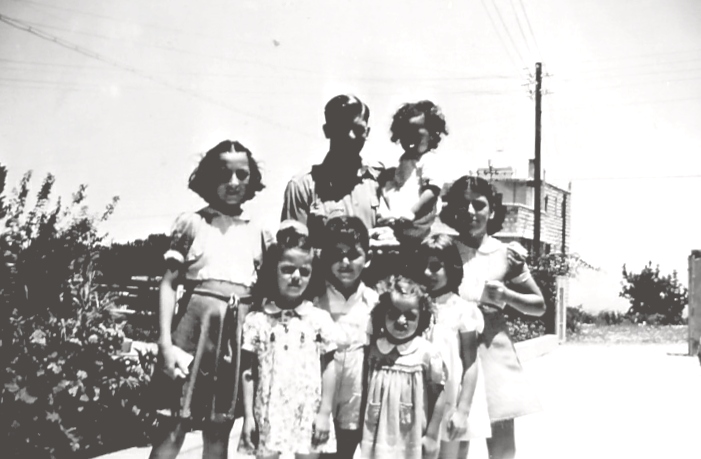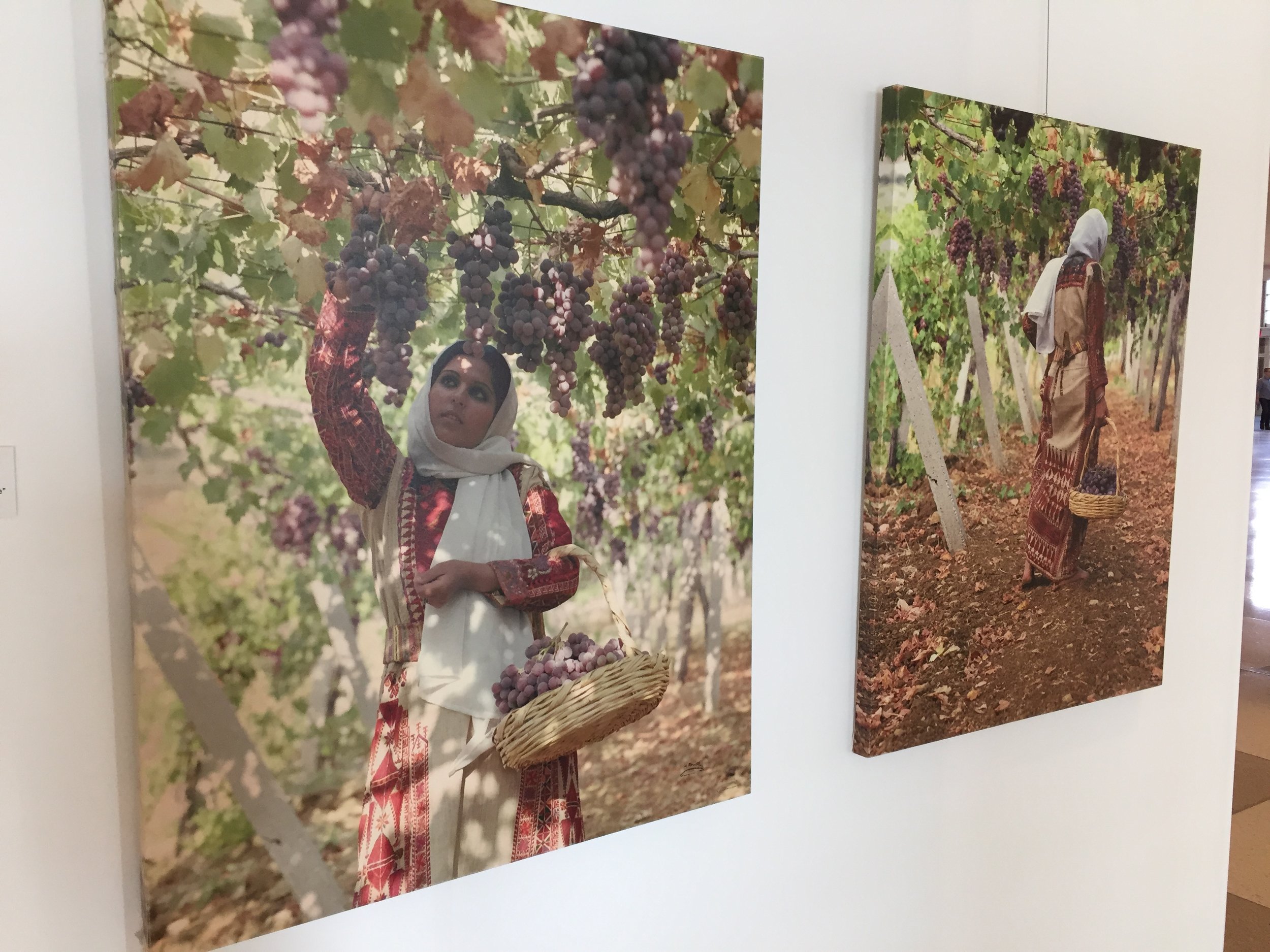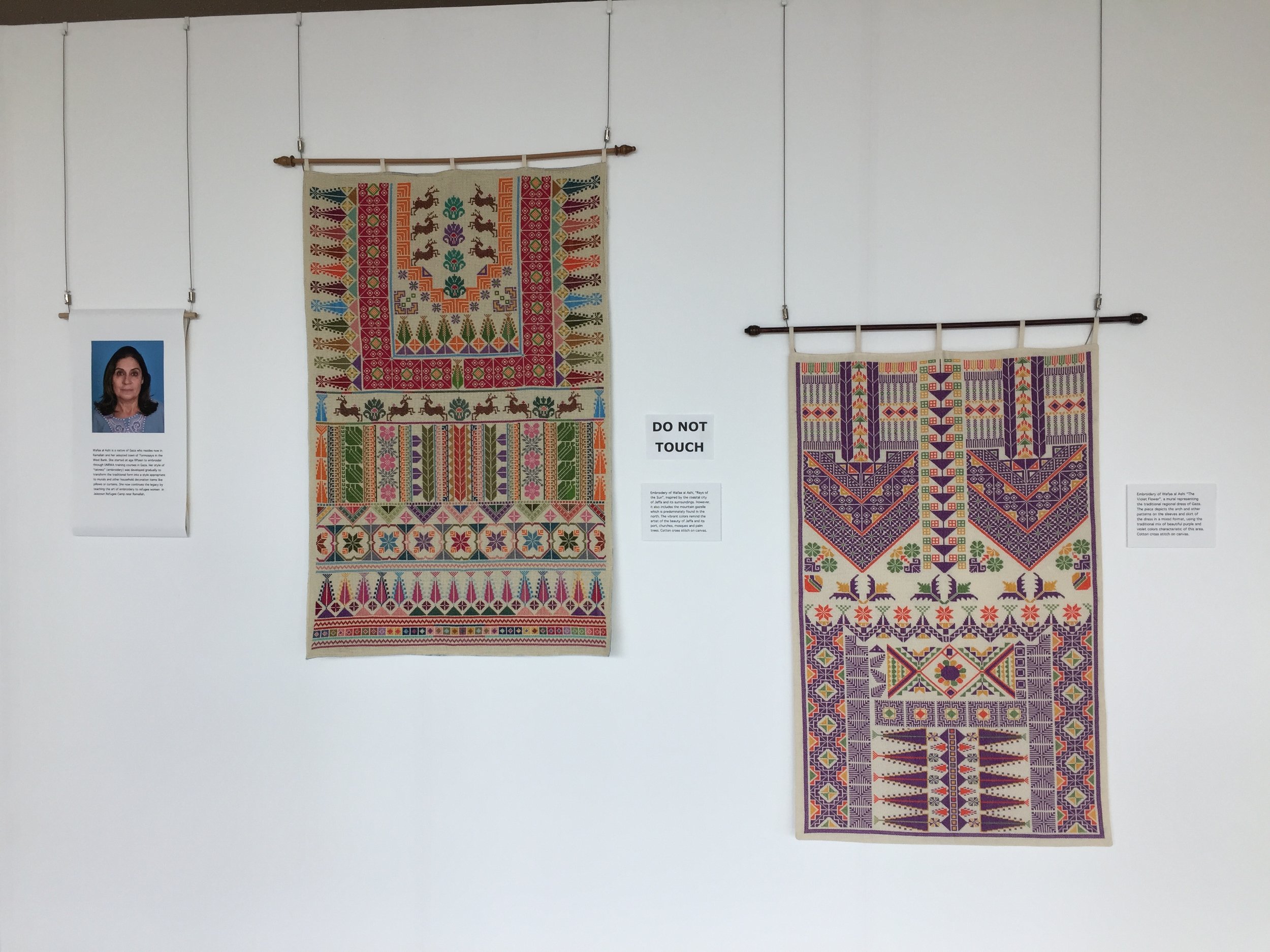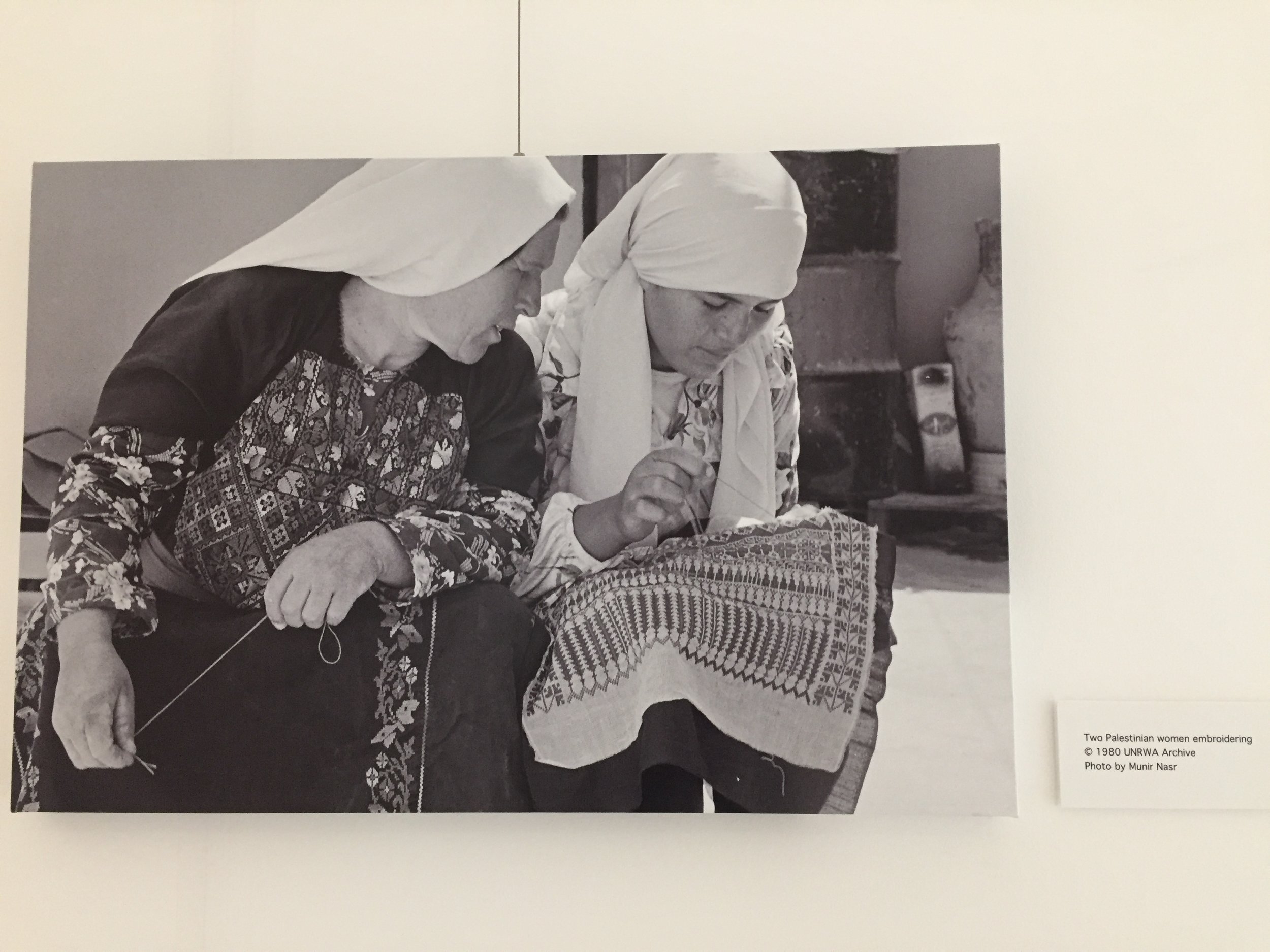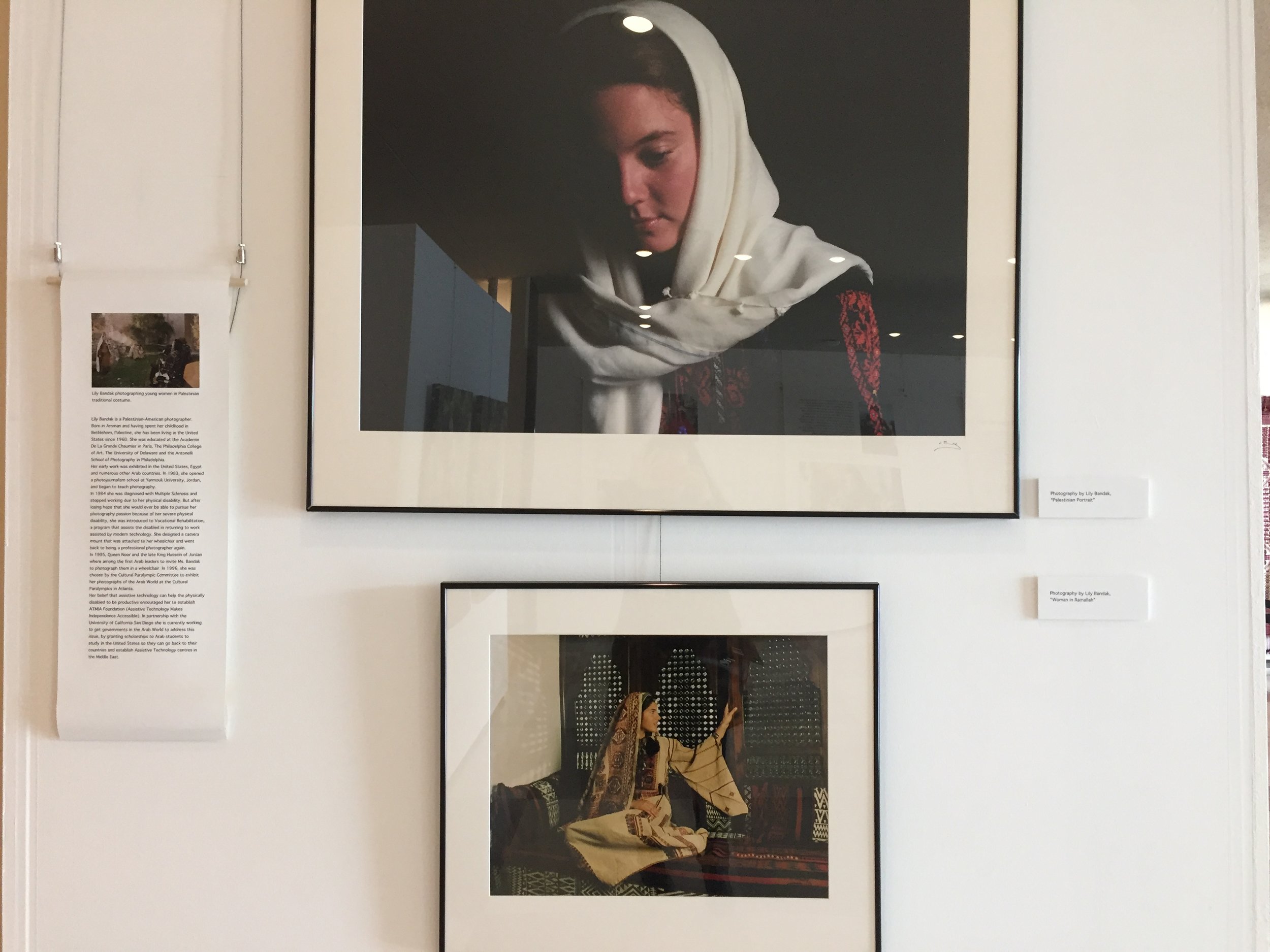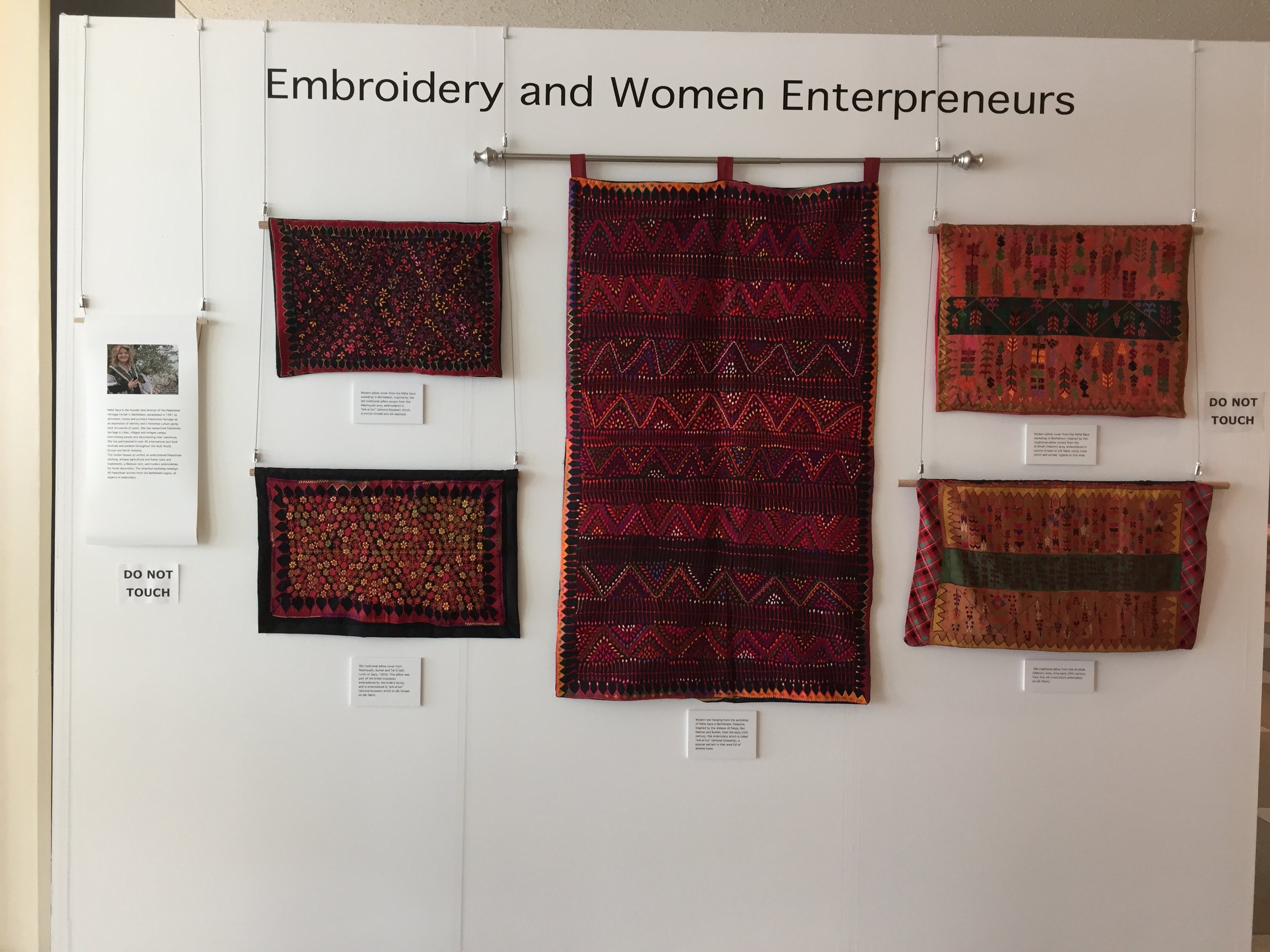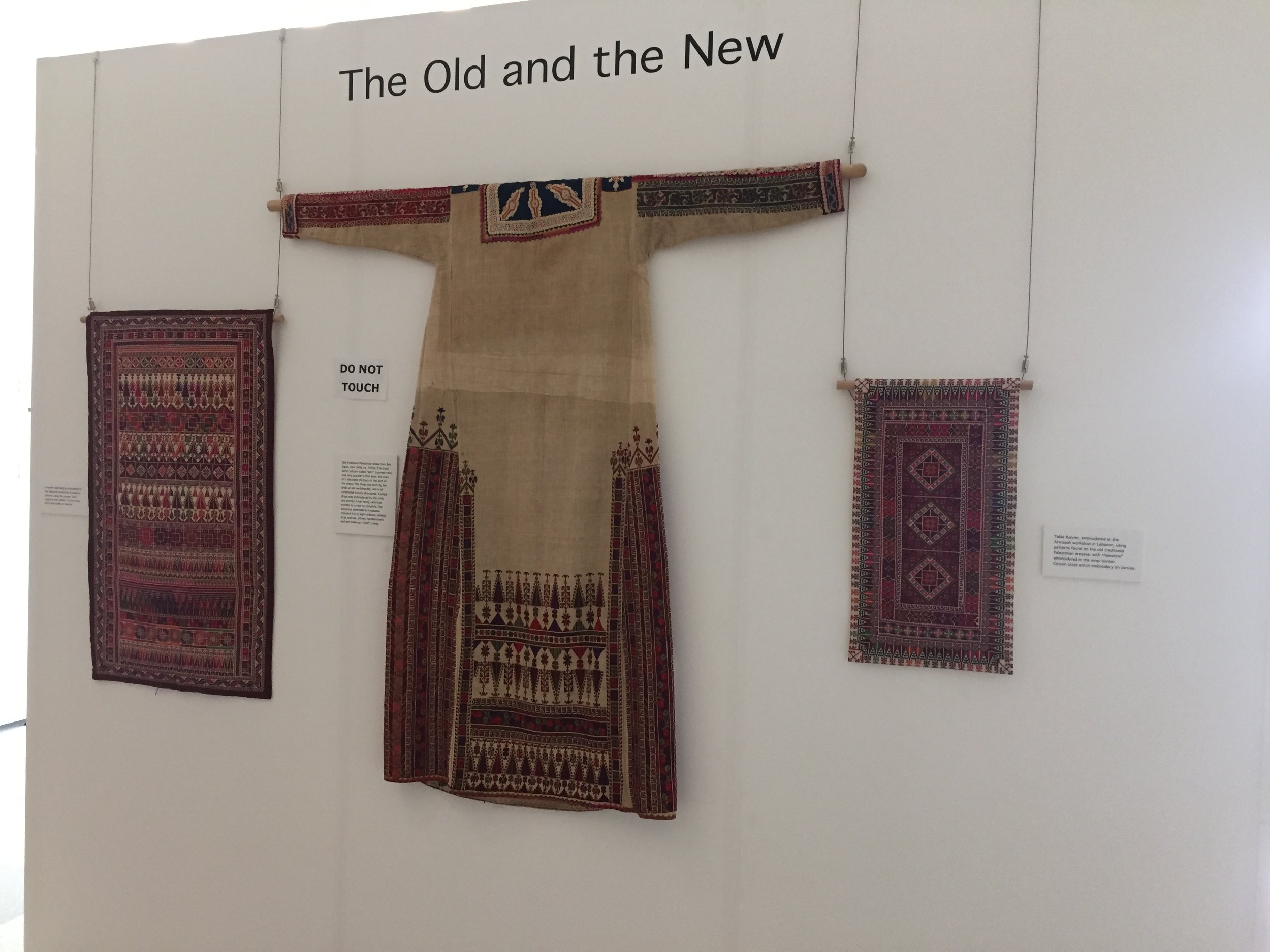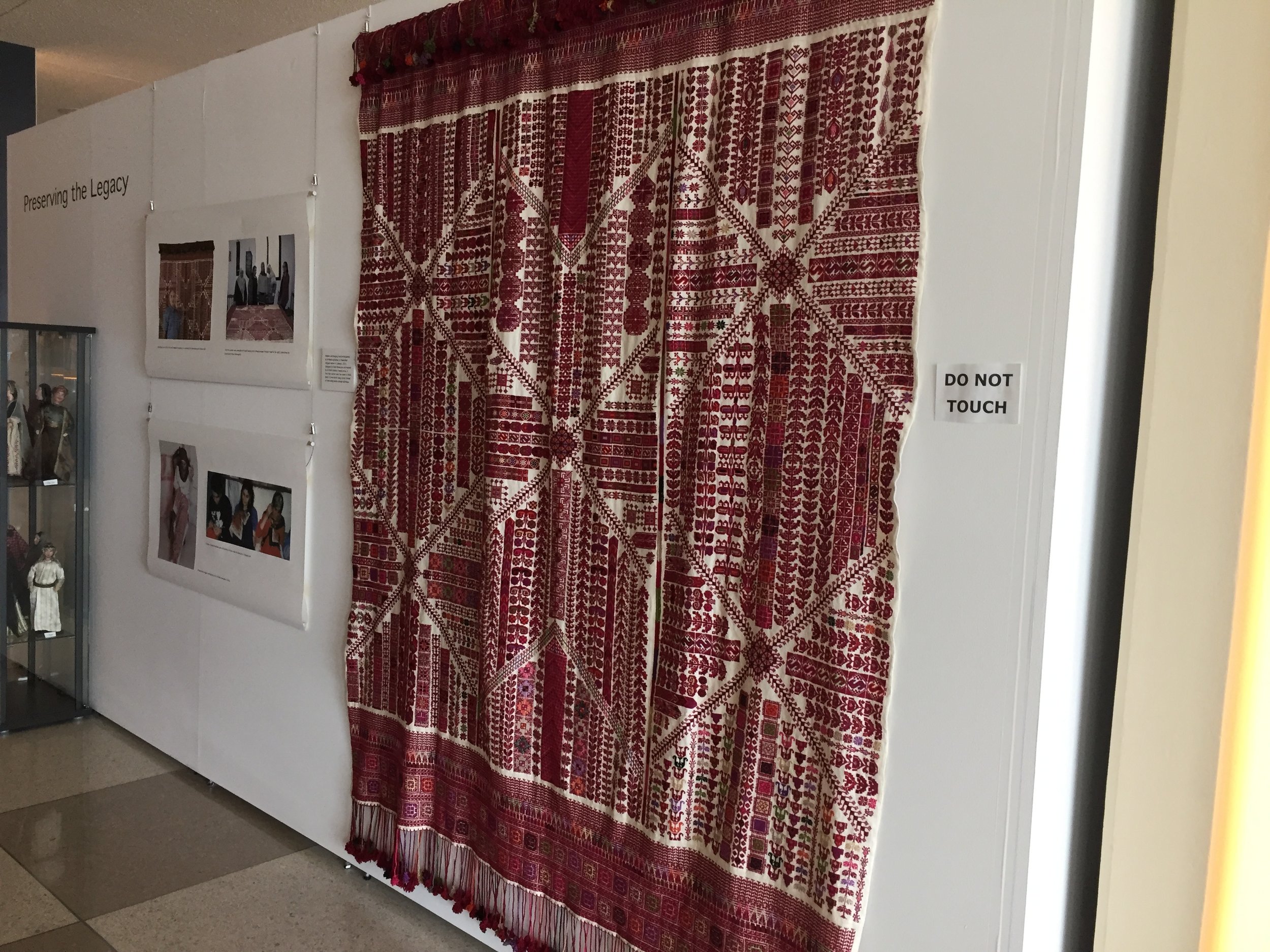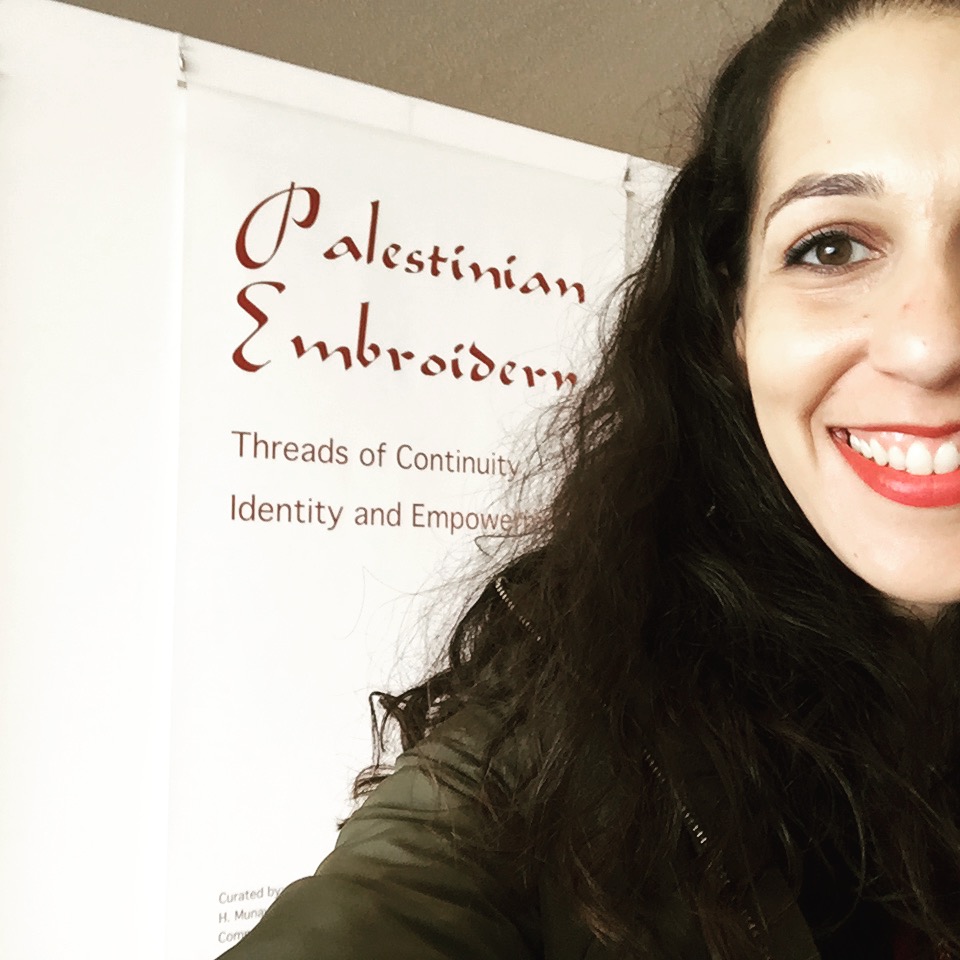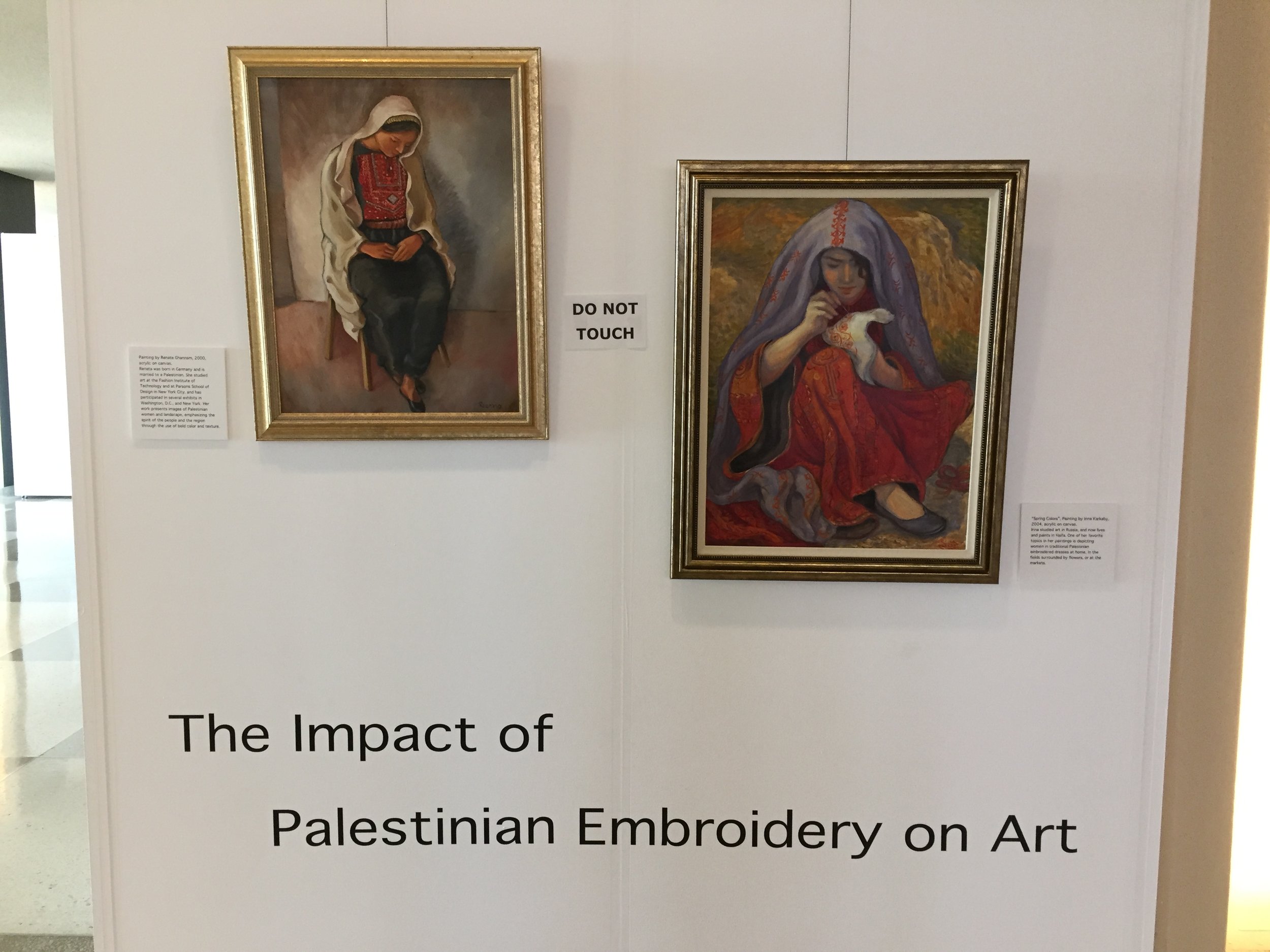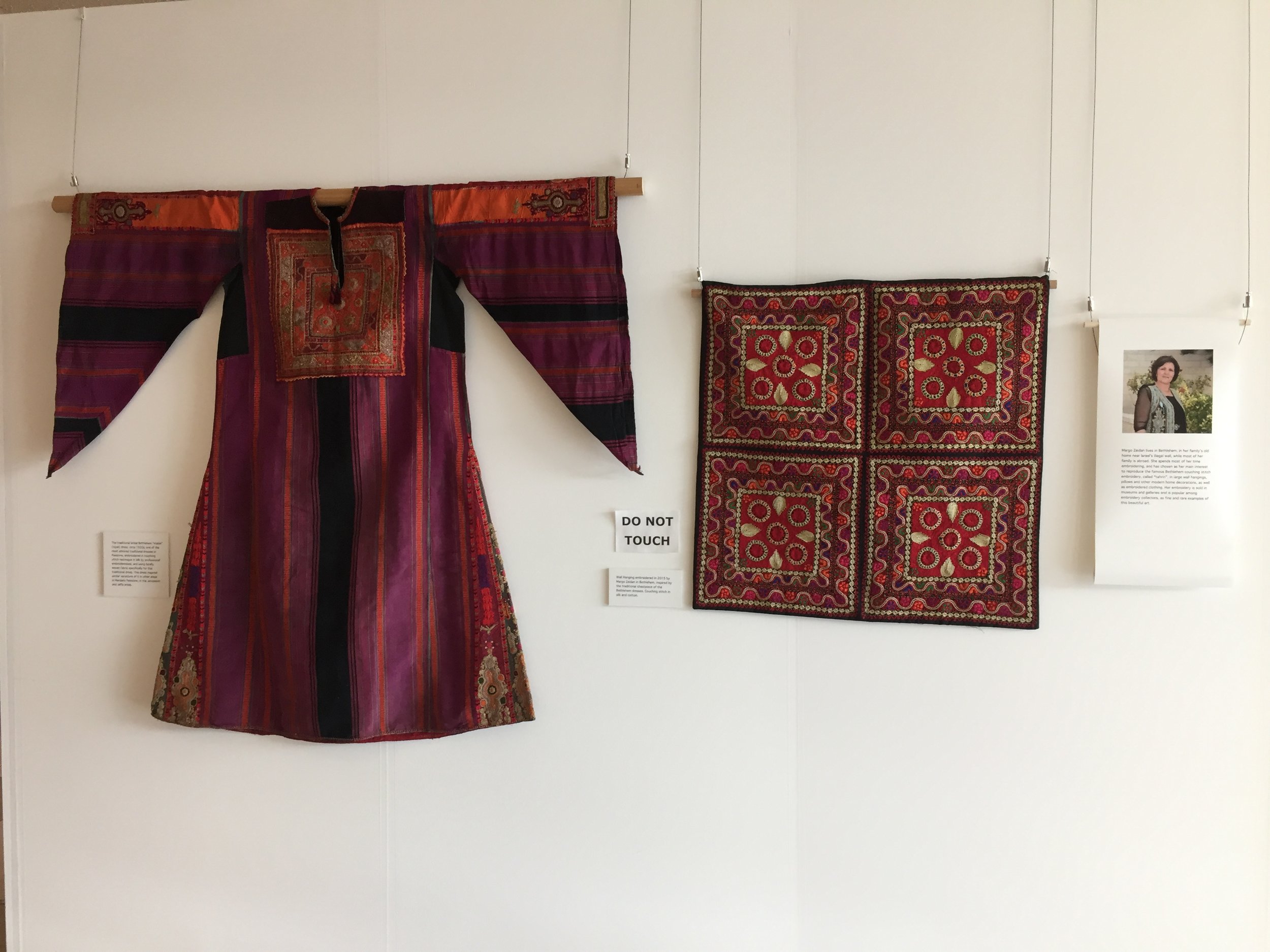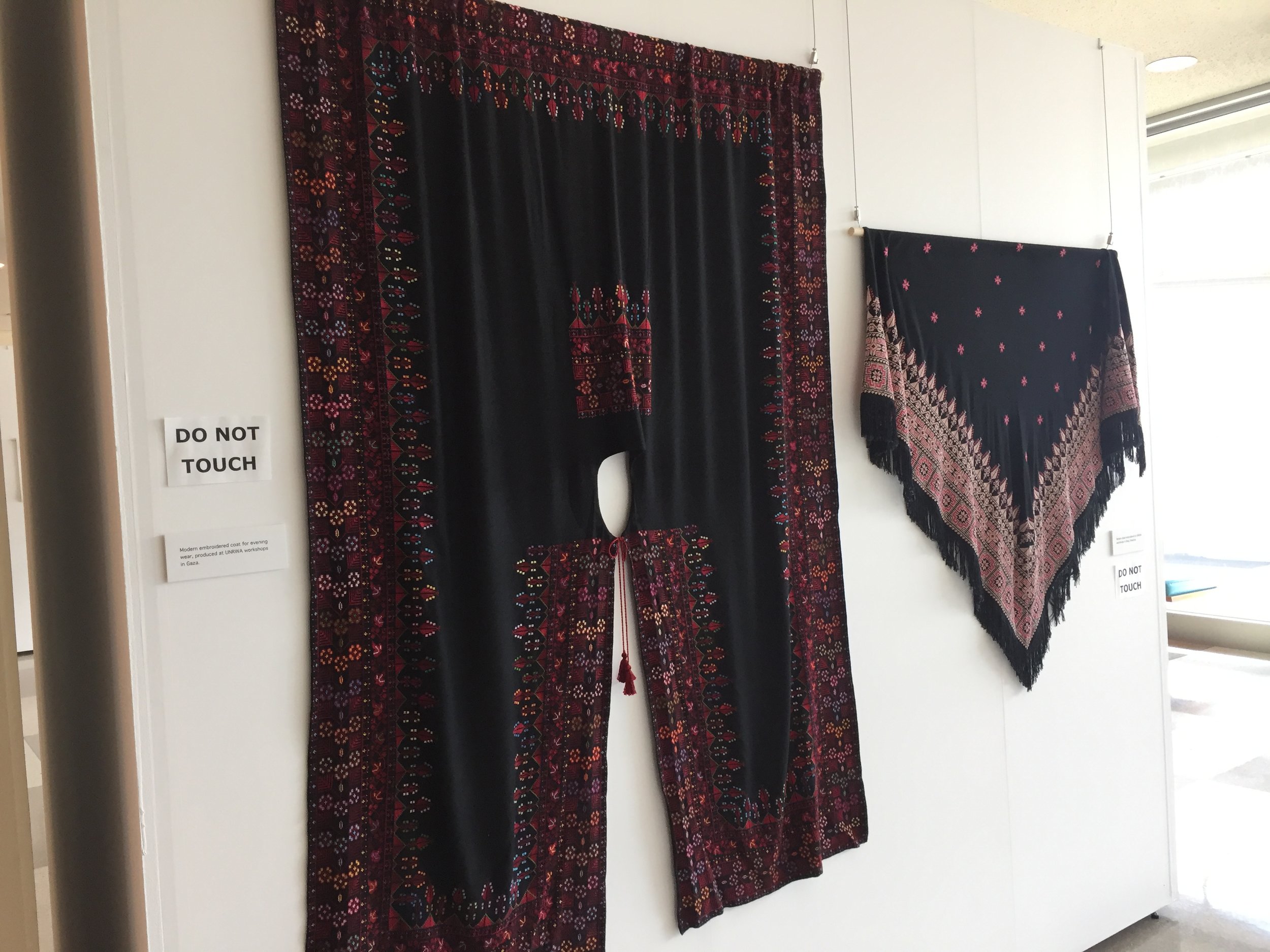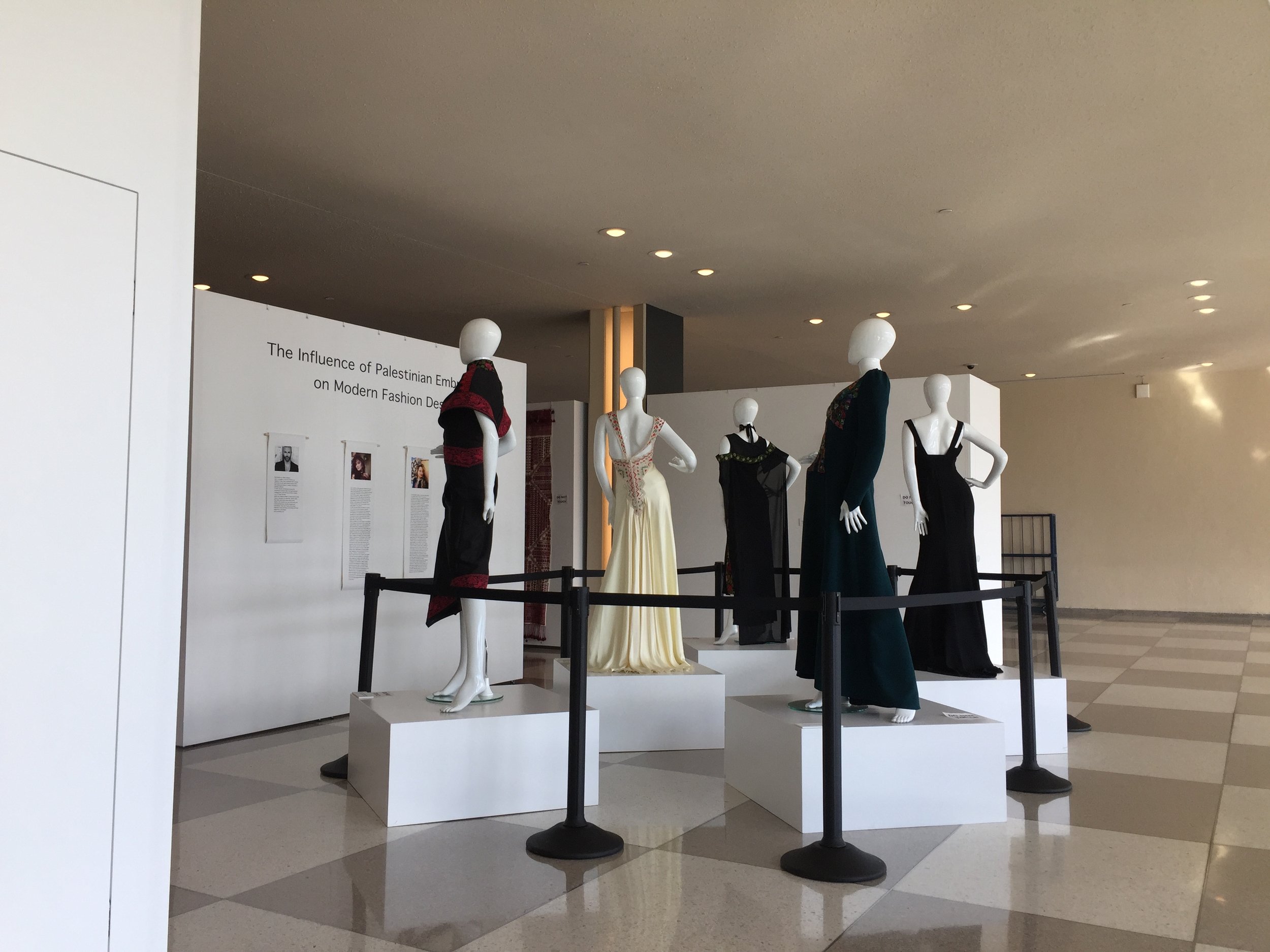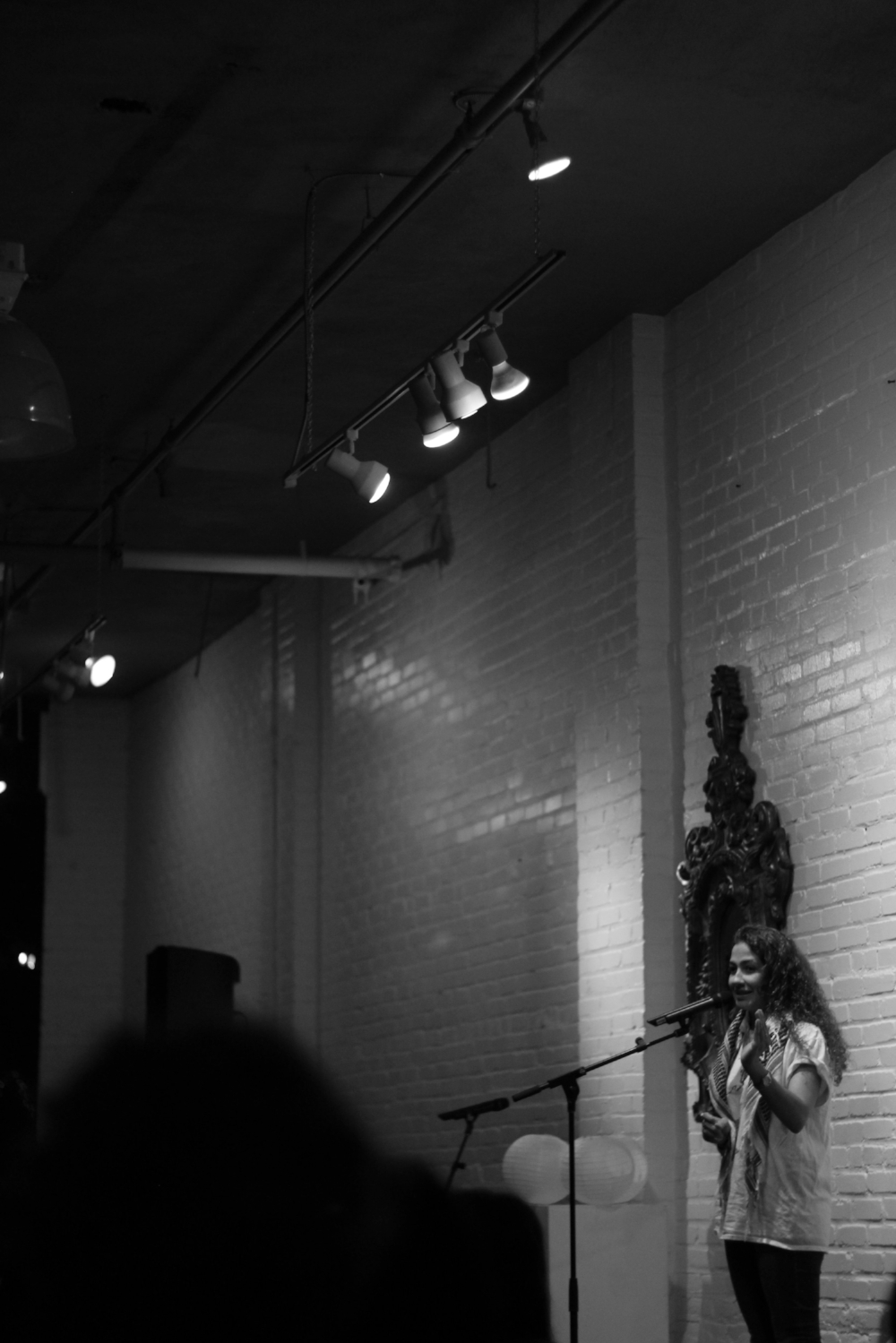I recently attended an event hosted by Students for Justice in Palestine (SJP) at the University of South Florida. One of the speakers at the event was Laila Abdelaziz, a Campaigner for Fight for the Future and community organizer. She talked about the significance of developing connections with and fighting alongside other marginalized communities, such as the Black Lives Matter movement in the United States.
Laila discussed the systematic erasure of Palestine in the political sphere. The Boycott, Divestment, and Sanctions movement (BDS) is an initiative to end international support for Israel’s violation of human rights. In the United States, some states have either passed or are trying to pass anti-BDS laws. The Israeli Knesset passed a law that can deny entry to those that support BDS. The Israeli government even tried to stop Omar Barghouti, founder of BDS, from traveling to the United States to accept the Gandhi Peace Award from Yale University. This limits freedom of speech and any criticism of Zionism in an international setting.
In the current political climate in the United States it is imperative now, more than ever, to stand in solidarity with the movement of the people - a movement of all of the communities that bear the burden of marginalization and institutionalized discrimination. In recent years we’ve seen more groups come together to stand in solidarity against the establishments that violate human rights.
In 2014, during the siege in Gaza by the Israeli government, the people of Ferguson were protesting the unlawful shooting of Michael Brown, an unarmed black man in St. Louis, Missouri. Palestinians in Gaza and the West Bank sent tweets giving advice to the protesters in Ferguson. In 2016, the Sioux tribe stood against the construction of the Keystone North Dakota Access Pipeline. Palestinians in Gaza wrote an open letter that expressed their empathy and solidarity with Standing Rock. The Women’s March on Washington was organized by a group of women, including Linda Sarsour, a Palestinian woman, representing different marginalized communities demanding representation and equality. These are a few examples of what solidarity means to the movement of the people and to Palestinians in particular.
To be born Palestinian is to be born stateless and without rights in a nation-state world. One example of this is Israel’s administrative detention law, which means that Palestinians can be arrested and held without charge. Prisoners can be interrogated without a lawyer present for up to 60 days. Currently, over 1,500 Palestinian prisoners are entering their fourth week in a mass hunger strike to demand basic rights in Israeli prisons. The hunger strikers are only drinking salt mixed with water during their protest.
Aarab Marwan Barghouti, son of the hunger strike leader Marwan Barghouti, created the #saltwaterchallenge. It is a campaign on social media where participants declare their support with the Palestinian prisoners, mix salt in water and then drink the salt water before challenging the next person.
People all over the world have participated in the challenge so far including students, activists, journalists, and celebrities. Aarab Barghouti challenged Mohammad Assaf, winner of the 2013 Arab Idol competition, and he passed it on to Lebanese singer, Melhem Zain who accepted the challenge. The campaign has spread from there.
So this year, solidarity with the Palestinian people on World Keffiyeh Day is not only for the Palestinians’ struggle for human rights in an Apartheid state, it is for Black liberation in America, the treatment of prisoners (here and abroad), the treatment of immigrants in ICE detention centers, women’s rights for inclusion and equality, the fight for equal rights for the LGBTQ+ community, and for indigenous peoples in America fighting to keep their land. We need to make these connections as a movement of the people. Before we face our enemies, we need to make sure we have our friends by our sides. Laila left everyone with a thought: “We, as Palestinians, can empathize with these communities, and these connections and these moments will move us to know that in the long struggle for freedom, our human rights are the only weapons we have, and the only weapons we’ll ever need.”
About the guest blogger: Jeanine is a high school Chemistry teacher at All Saints Academy in Winter Haven, FL. She got her Masters in Medicinal Chemistry from the University of South Florida. She loves writing, photography, and philosophy and she hopes to use these tools to shed light on the beautiful culture of Palestine.

